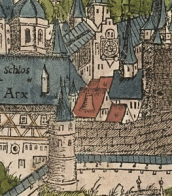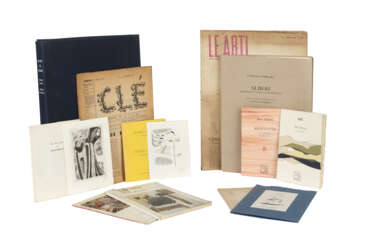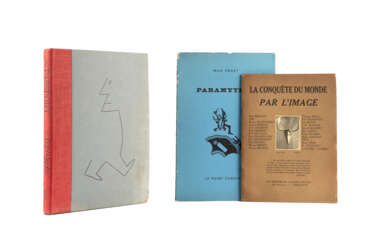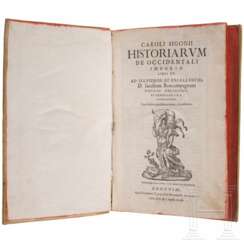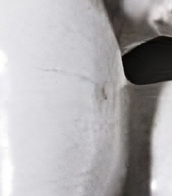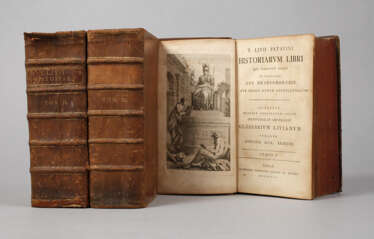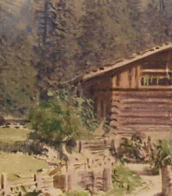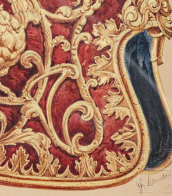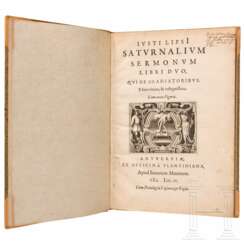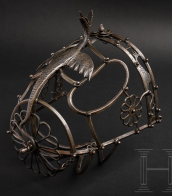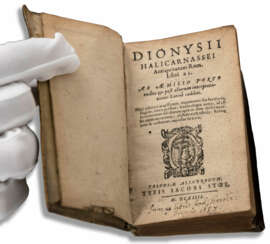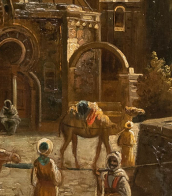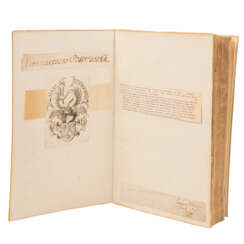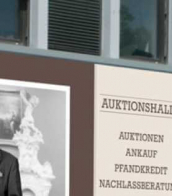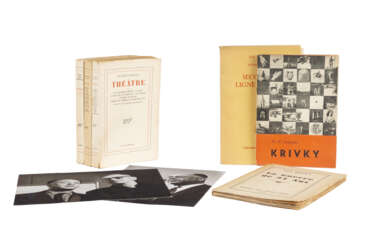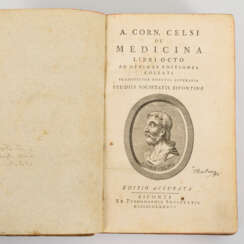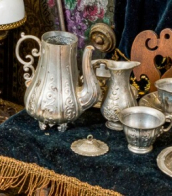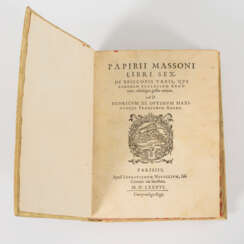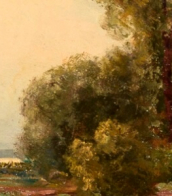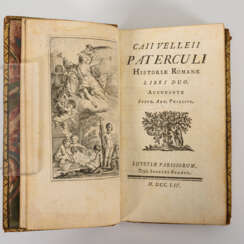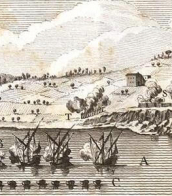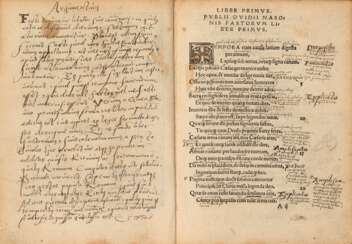libri
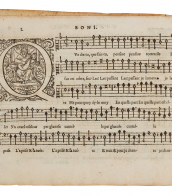
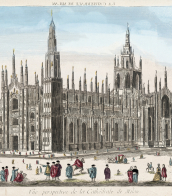
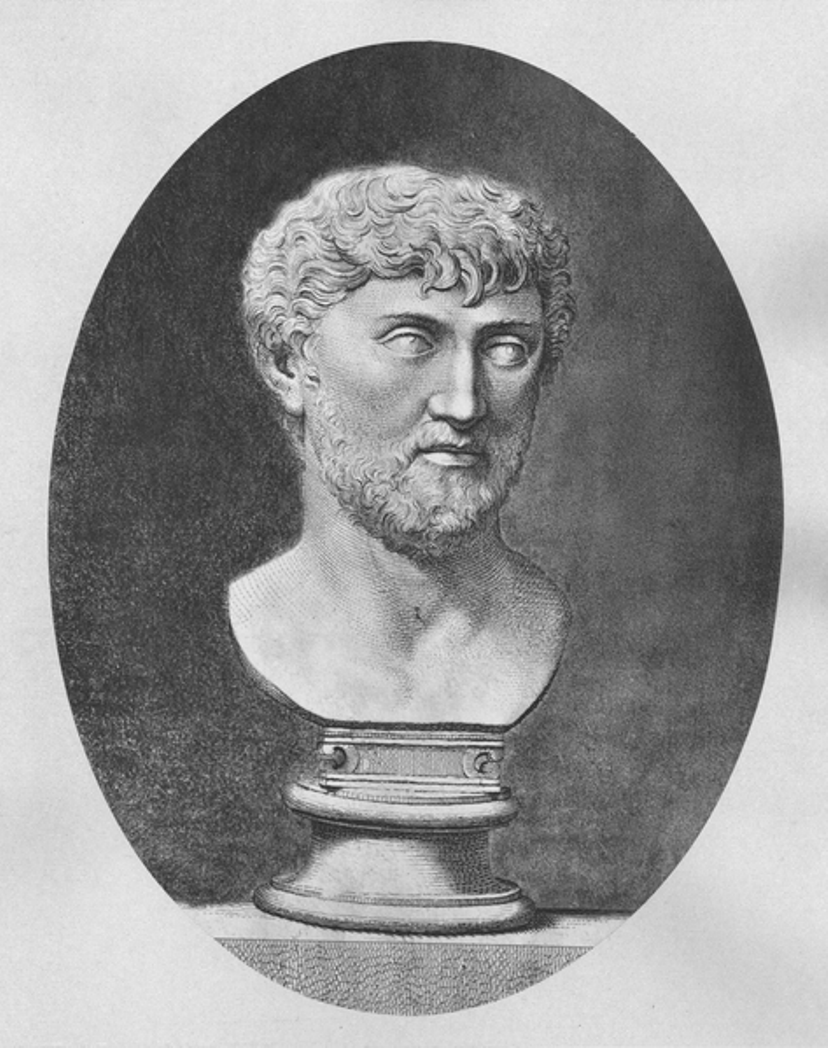
Titus Lucretius Carus was a Roman Epicurean poet and philosopher.
Lucretius is considered one of the most prominent adherents of atomistic materialism, a follower of the teachings of Epicurus. He is the author of a six-book Latin didactic poem on Epicurean physics, De rerum natura ("The Nature of Things" or "On the Nature of the Universe").
This poem is an extended exposition of the Epicurean worldview, a naturalistic explanation of the physical origin, structure, and destiny of the universe. It includes theories of the atomic structure of matter and the origin and evolution of life forms - ideas that eventually became the most important foundation and framework for the development of Western science. In addition to his literary and scientific influence, Lucretius served as an inspiration to a number of modern philosophers, including Gassendi, Bergson, Spencer, Whitehead, and Teilhard de Chardin.
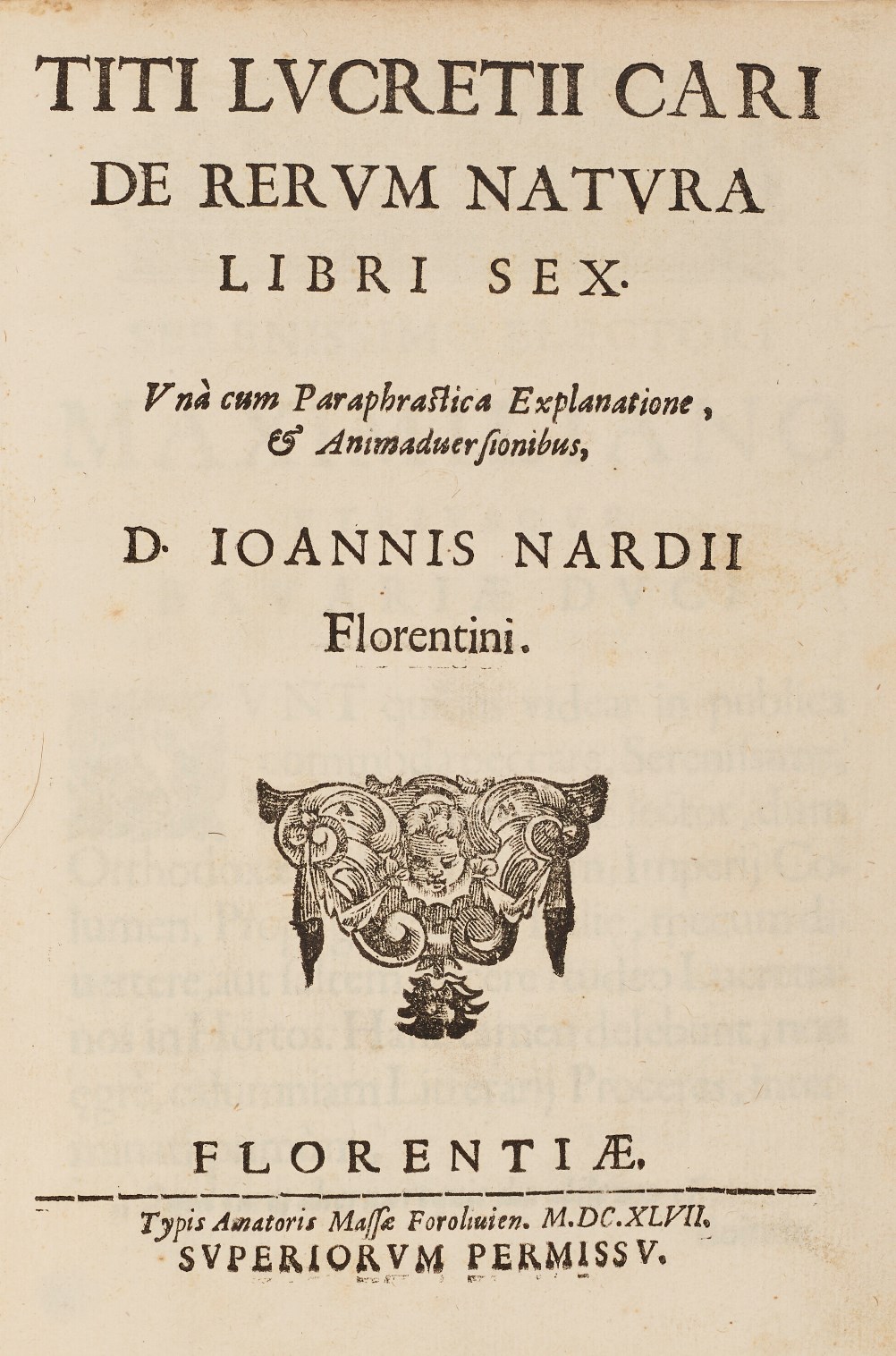
Giovanni Nardi was an Italian physician and natural philosopher.
After studying at the University of Pisa, Nardi worked as a physician in Florence. He corresponded with many of the leading natural philosophers and antiquarians of his time, including members of the Accademia dei Lincei. In 1620 Nardi became court physician to Duke Ferdinando II Medici of Tuscany and accompanied him on his travels. In his Florentine home, Nardi amassed a collection of antiques and curiosities.
Nardi wrote several volumes on natural philosophy, as well as a commentary on Lucretius entitled Titi Lucretii Cari De rerum naturae libri sex (1647). Nardi's commentaries on Lucretius's natural history, medicine, physics, and theory of atomism far exceed the poem itself.

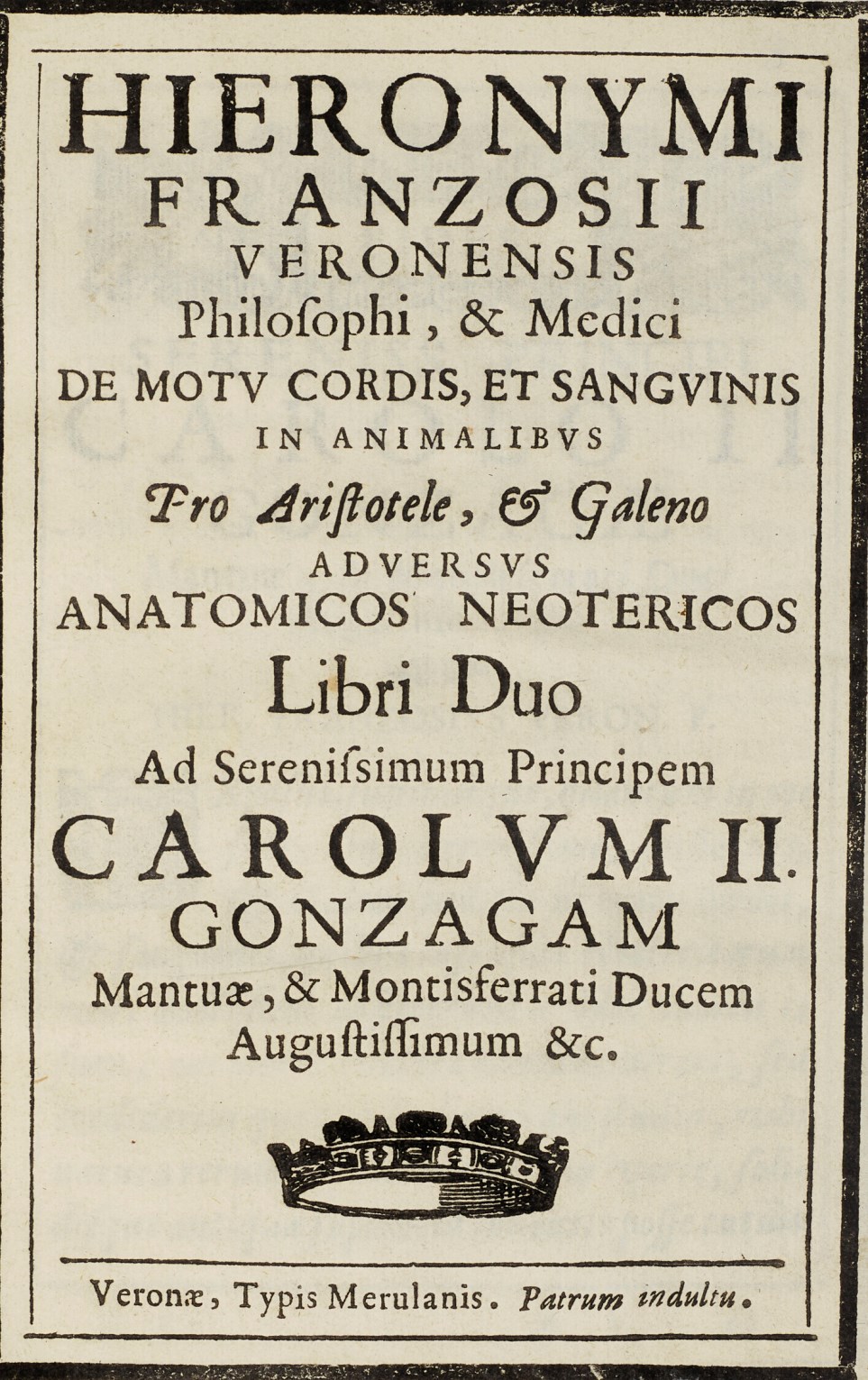
Girolamo Franzosi was an Italian physician and philosopher.
He was born in Polpenazza (now Polpenazze del Garda), near the Lombard lakeshore, in the late sixteenth and early seventeenth centuries. Franzosi was a student at Padua and became a convinced Aristotelian. He opposed the anatomists of the Neoteric Academy, which represented the new trends of medicine in Verona in contrast to the Galenic tendencies of traditional medicine.
Franzosi's other works, written under the influence of Girolamo Cardano and Agostino Nifo, deal with such wide-ranging topics as dreams, prophecies, imagination, and the medicinal properties of viper venom. He printed most of his works in Verona, calling himself "medicus and philosopher of Verona".



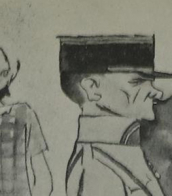


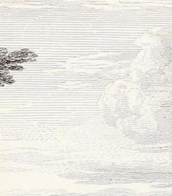


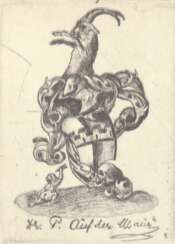



![[RECUEIL VAUQUELIN]. DU BELLAY, Joachim (1522-1560). Poematum Libri quatuor. Quibus continentur, Elegiae, Varia Epigr. Amores, Tumuli. [suivi de] Divers jeux rustiques, et autres oeuvres poetiques. Paris: F. Morel, 1558. [suivi de] RONSARD, Pierre de (152](/assets/image/picture_1320827/b7703/f1fe702dbb58c20f189d3686c883aec61616454000jpg__fix_374_244.jpeg)
![[RECUEIL VAUQUELIN]. DU BELLAY, Joachim (1522-1560). Poematum Libri quatuor. Quibus continentur, Elegiae, Varia Epigr. Amores, Tumuli. [suivi de] Divers jeux rustiques, et autres oeuvres poetiques. Paris: F. Morel, 1558. [suivi de] RONSARD, Pierre de (152](https://veryimportantlot.com/assets/image/picture_1320827/b7703/f1fe702dbb58c20f189d3686c883aec61616454000jpg__fix_374_244.jpeg)
![[ANCIEN TESTAMENT] Prophetae Minores, Libri Machabaeorum Rom...](/assets/image/picture_1077784/2c63d/a31c0ba2802bce1e59d75e9fea6742531604358000jpg__fix_374_244.jpeg)
![[ANCIEN TESTAMENT] Prophetae Minores, Libri Machabaeorum Rom...](https://veryimportantlot.com/assets/image/picture_1077784/2c63d/a31c0ba2802bce1e59d75e9fea6742531604358000jpg__fix_374_244.jpeg)
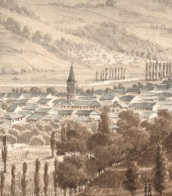




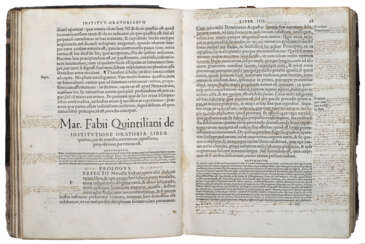



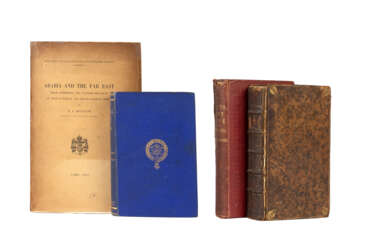

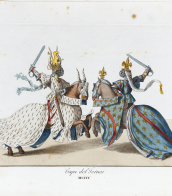


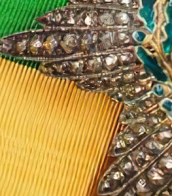
![PONTANO, Giovanni Gioviano (1429-1503) - Quae in hoc enchyridio contineantur Urania seu de stellis libri quinque [CON:] Amorum libri duo](/assets/image/picture_942462/569ef/ksrf6l80pdldsn6nexislgobnnnjuxecwm7ixpychh8h6el480pglhi2v31kmpo1596201882jpg__fix_374_244.jpeg)
![PONTANO, Giovanni Gioviano (1429-1503) - Quae in hoc enchyridio contineantur Urania seu de stellis libri quinque [CON:] Amorum libri duo](https://veryimportantlot.com/assets/image/picture_942462/569ef/ksrf6l80pdldsn6nexislgobnnnjuxecwm7ixpychh8h6el480pglhi2v31kmpo1596201882jpg__fix_374_244.jpeg)
